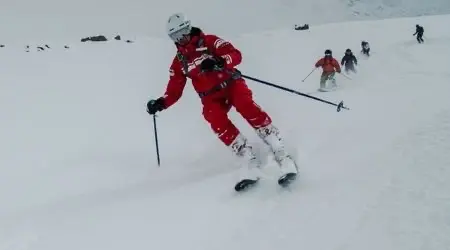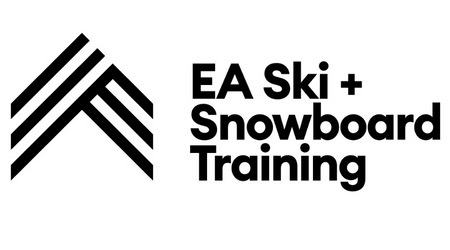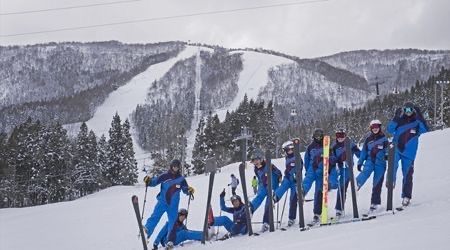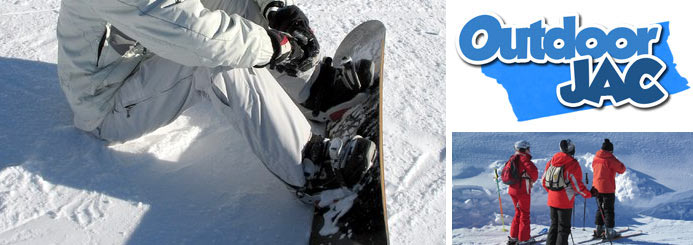Teaching people to ski is a rewarding job. Not only do you get to help other people to enjoy our amazing sport, but you get to spend a whole season on the piste, getting paid! First you need a qualification. Take a look at the best value courses currently available!
You will be put in charge of a small group of people who could range from complete beginners, to competent skiers, depending upon your own level of expertise. You will need professional qualifications in order to teach people, but along with the hard work come a wide range of benefits which could include free or cheap lift passes, subsidized meals and accommodation, discounts on clothing and equipment hire, not to mention the best office environment you could ever imagine. If you want to know more about how teaching people stacks up against other types of ski jobs, take a look at our comparison table by clicking here.
Ski Instructor Salary
The amount you can expect to earn will vary by ski resort. It will also depend upon your level of qualification and who you are instructing. We heard a story of someone who was instructing a small group of wealthy Canadians. At the end of their holiday the tip was more than the instructor’s actual salary! Probably best not to count on anything like that though. A quick look back at our most recently advertised ski instructor jobs shows a range between $10 an hour to £16,000 a year. Of course it depends whether the job is in a known location for a known length of time, or whether the company is hiring you on a temporary contract basis, to work between a group of resorts where the pay can vary from place to place. Often the jobs advertised don’t specify a salary because it depends where you end up working. As we are often asked how much you money an instructor can command, we wrote an article describing how to increase the amount you can earn. We have not included anything unattainable, just good honest industry advice: five useful tips.
Which qualification?
Deciding which type of qualification you wish to gain is the first question you need to ask yourself. It’s a sweeping generalization to say that the more basic the qualification, the shorter the training period, the shorter the exam period, the cheaper the course and the greater the number of jobs on offer at the end. You also have to take into account the fact that there will be far greater competition for this type of job as more people will be qualified to this basic level, plus the salary you can expect will be lower than for the higher qualifications. The International Ski Instructors Association recognize a range of ski instructor qualifications, yet there is no international standard. The obvious choice for us here in Britain is the British standard, known as BASI (British Association of Snowsport Instructors), however other options may suit you just as well or better. For more detailed information about which professional teaching qualifications are available, take a look at our instructor guide.
Training Courses
If you plan to take a course, make sure you read the minimum requirements in terms of your skiing ability. They usually want you to be competent on a red run before they will think about turning you into a next generation coach. The courses themselves are anything from a few weeks to a couple of months, depending on what speed you want to go at, and how much material they cover. Basically, what each course involves, all depends upon the type of qualification you choose, and with whom. Each country's system is slightly different, but most follow a similar format. If we take the BASI course as an example, you need to pass BASI Level 1 before you can take Level 2. Some ski instructor training courses combine the two qualifications as the Level 1 is very much an entry point and only allows you to teach at a very basic level. With so much competition for employment, you really want to get to the second level as a minimum.



![]()
![]() Details & Apply..
Details & Apply.. POPULAR SKI INSTRUCTOR OPPORTUNITIES
POPULAR SKI INSTRUCTOR OPPORTUNITIES









